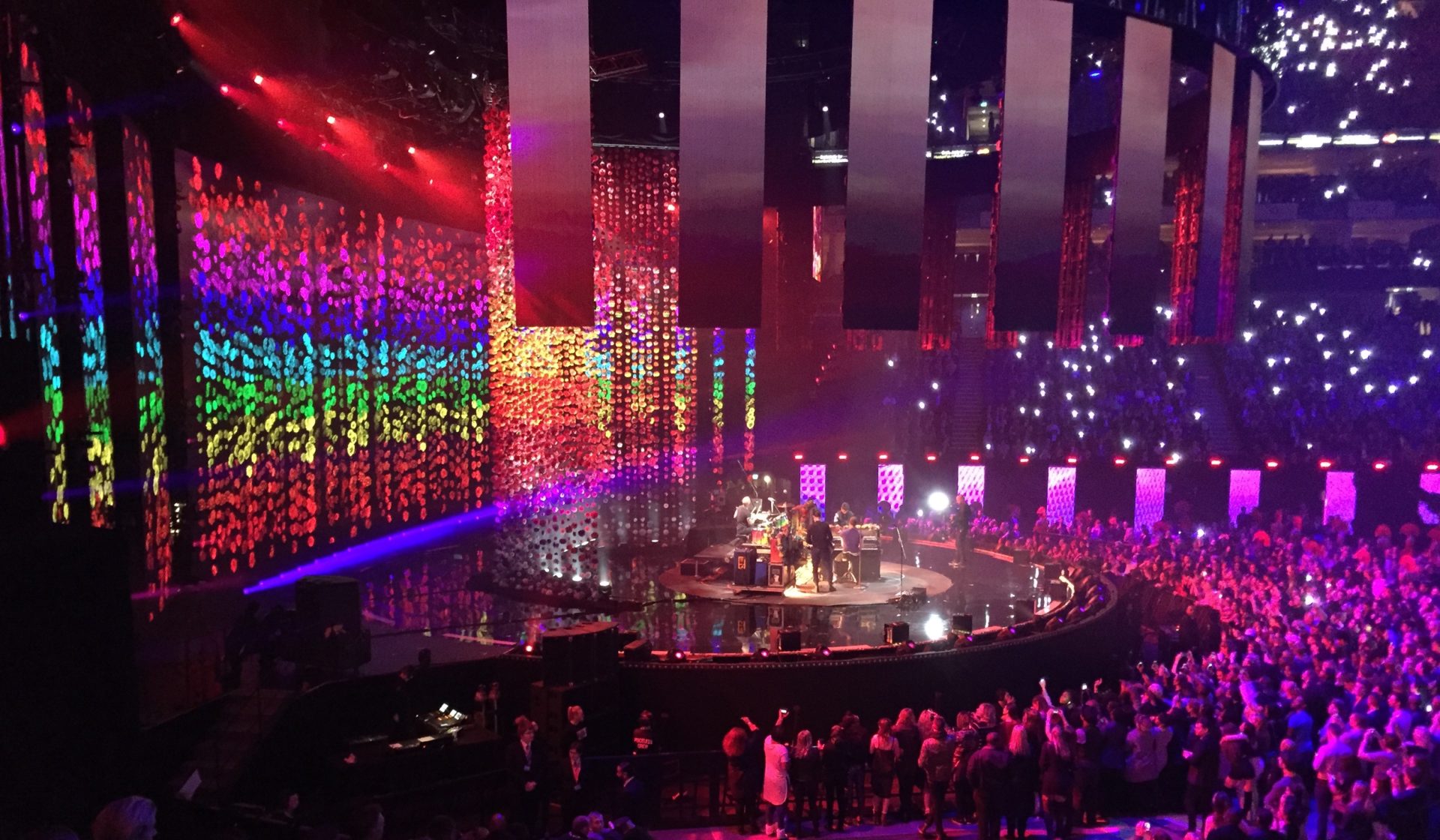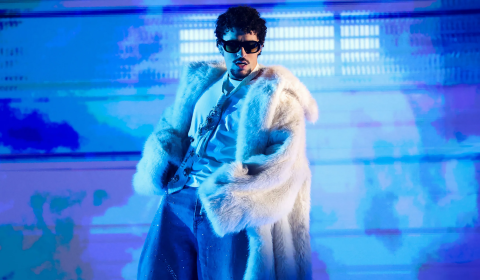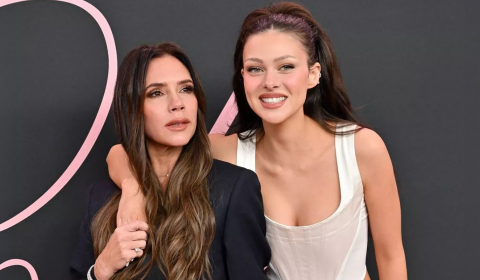In 2021, it was announced that the annual ceremony would be foregoing the gender split for its best artist category. This year, however, only men are in the running.
At a time when inclusivity is at the forefront of every conversation, you’d assume that companies, brands, and key industry players would think twice before publicly committing to an act of blatant discrimination.
Whether they’re initially ‘trying’ in an effort to safeguard their image or because they genuinely care is beside the point – in 2023 the mistakes that occur during this process can no longer be deemed a mere ‘slip up,’ no matter the excuse.
Alas, this is exactly what’s happened with this year’s BRIT awards. Exacerbated by the fact it made a song and a dance about working to remedy this very issue not 24 months ago.
Let’s rewind, shall we?
In 2021, best-selling artist Sam Smith was unfairly excluded from the event for being non-binary.
In an astonishing turn of events,"gender neutral" Brit awards have an all male nomination list for best artist of the year. Who could have expected this outcome from the deeply misogynist music industry embracing deeply misogynist gender identity theory? https://t.co/Bm7rR9DDAk
— Julie Haunted Womb (@lazyjoolz) January 12, 2023
Following substantial backlash from both celebrities and the public, it was announced that the annual ceremony would be foregoing the gender split for its best artist category.
The move brought the Brits into line with the Grammy’s, which removed all gendered categories in 2012.
A statement on the Brits’ website read that the decision was about ‘celebrating artists solely for their music and work, rather than how they choose to identify, or as others may see them, as part of the Brits’ commitment to evolving the show to be as inclusive and relevant as possible.’
This sounds good in theory, but today’s reality is starkly in contrast and, yet again, raises the pinkwashing alarm.
Why? Because last week, the upcoming nominees were revealed and – you guessed it – they’re all men. That’s right, out of the 70 stars who were eligible to be nominated for the prize, just 12 were female.




















